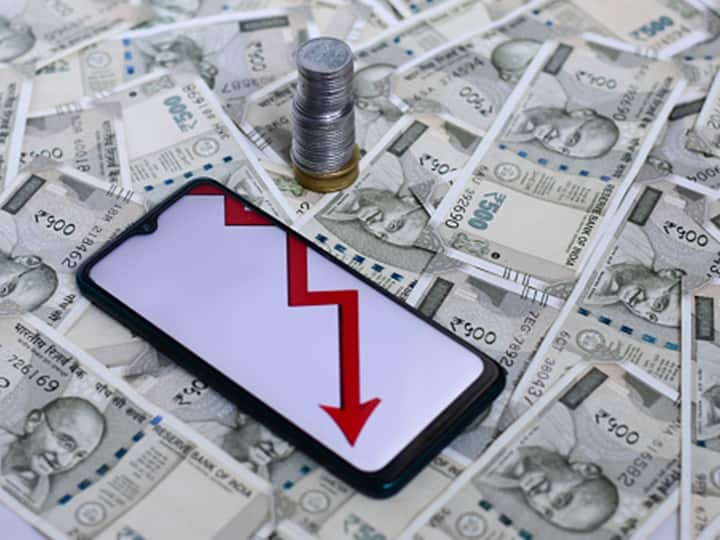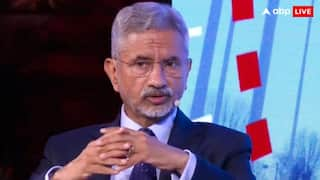IMF Cuts India's Economic Growth Forecast For 2022 To 6.8% From 7.4%
India GDP Growth 2022: In July, the IMF had projected a GDP growth of 7.4 per cent for India.

The International Monetary Fund (IMF) on Tuesday lowered India's economic growth forecast for 2022 to 6.8 per cent in its latest World Economic Outlook. In July, the IMF had projected a GDP growth of 7.4 per cent for India. However, the IMF said India remained on track to be one of the fastest-growing economies in the world.
In its report, the IMF said the 0.6 percentage point downgrade since the July forecast for India was due to a weaker-than-expected outturn in the second quarter and more subdued external demand.
However, the IMF has left the growth forecast for FY24 for India unchanged at 6.1 percent. India's economy grew at 8.7 per cent in 2021-22 fiscal.
In the report, the IMF further said that more than a third of the global economy would contract in 2023, while the three largest economies -- the United States, the European Union, and China -- would continue to stall.
"The global economy continues to face steep challenges, shaped by the lingering effects of three powerful forces: the Russian invasion of Ukraine, a cost-of-living crisis caused by persistent and broadening inflation pressures, and the slowdown in China," said Pierre-Olivier Gourinchas, Economic Counsellor and the Director of Research of the IMF, in the report.
The IMF has projected China to grow at 3.2 per cent, down from 8.1 per cent growth rate in 2021. The IMF has also lowered next year's growth forecast for China to 4.4 per cent due to a weakening property sector and continued lockdowns.
In the United States, the tightening of monetary and financial conditions will slow growth to 1 per cent next year. The IMF also slashed US growth forecast to 1.6 per cent this year.
Germany and Italy will slip into recession next year, becoming the first advanced economies to contract in the wake of Russia's invasion of Ukraine, the IMF said.
"Russia's invasion of Ukraine continues to powerfully destabilize the global economy. Beyond the escalating and senseless destruction of lives and livelihoods, it has led to a severe energy crisis in Europe that is sharply increasing costs of living and hampering economic activity," Gourinchas said.





































